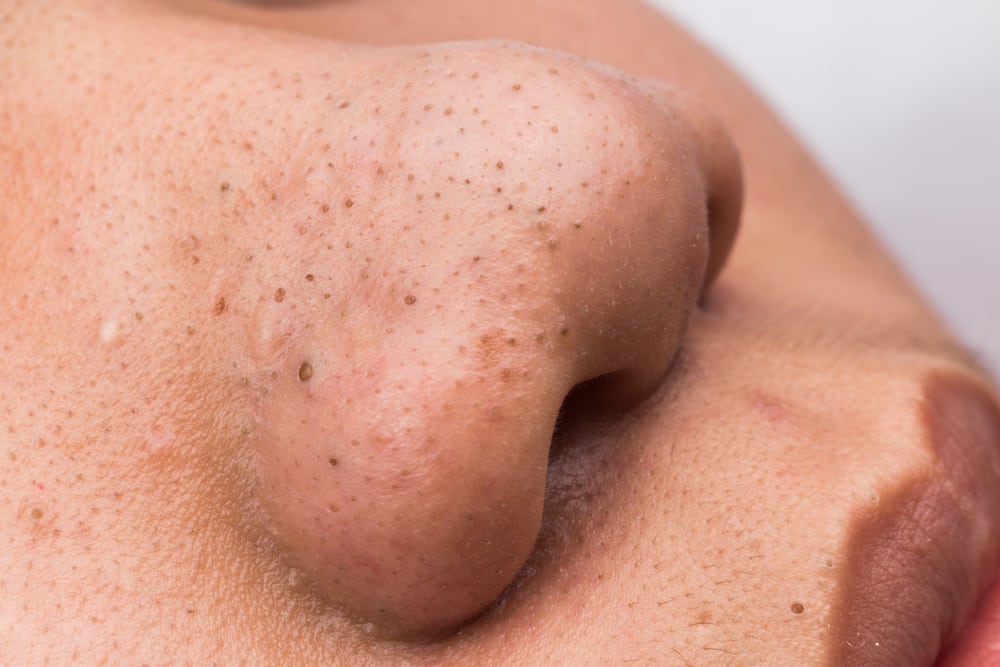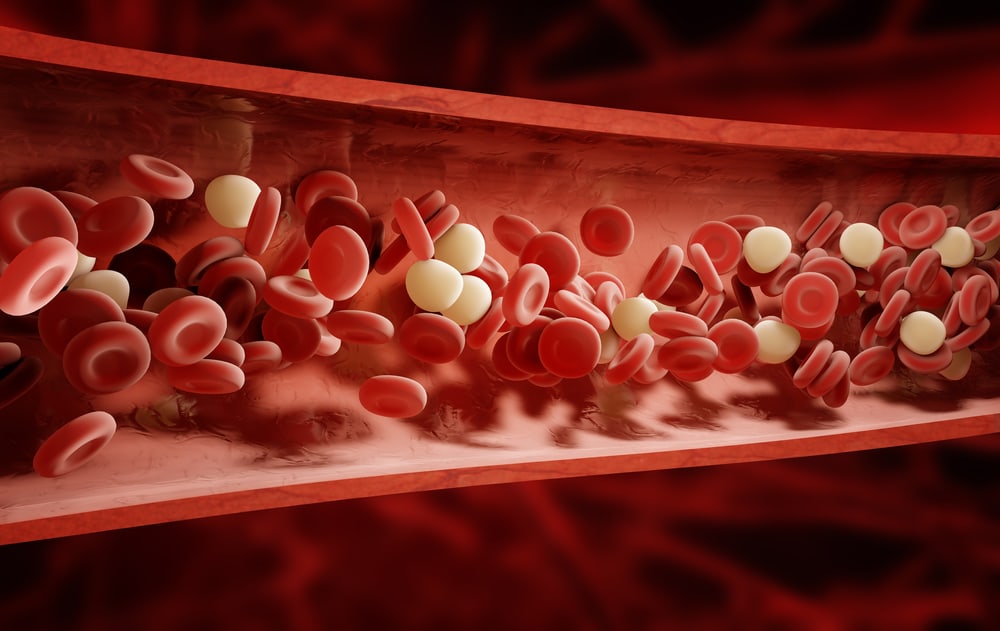Contents:
- Medical Video: Pregnancy and Dentistry Medical Course
- What impact does psoriasis have on pregnancy for both mother and fetus?
- How is psoriasis treated and treated while pregnant?
- Various types of psoriasis treatment during pregnancy recommended by a doctor
- 1. Emollient as a moisturizer and skin protector
- 2. Light Therapy (Phototherapy)
Medical Video: Pregnancy and Dentistry Medical Course
Those of you who are pregnant but have psoriasis, you must be wondering whether this skin inflammatory disease will affect your baby's pregnancy and health in the womb? See the full explanation below.
What impact does psoriasis have on pregnancy for both mother and fetus?
Nearly 60 percent of pregnant women will experience increased symptoms of psoriasis during the nine months of pregnancy. This is thought to be due to an increase in the hormone progesterone which triggers the symptoms of psoriasis.
Psoriasis will not prevent you from getting pregnant or having a healthy baby. This inflammatory skin disease will not cause you a miscarriage or birth defects, as has been proven by one of the studies published in the Journal of the American Academy of Dermatology.
The study involving 1,463 women found no evidence that psoriasis during pregnancy would not make mothers give birth to babies with low birth weight than those who did not have psoriasis. Psoriasis during pregnancy will also not increase the risk of certain diseases in the mother.
How is psoriasis treated and treated while pregnant?
Never try to buy drugs that are sold freely, whether at a pharmacy or through an online store. Consult your condition first with a doctor so that you get the right treatment. Doctors will recommend psoriasis medications that are safe to use while pregnant based on their type and severity.
Regardless of the doctor's recommendations, the treatment of psoriasis basically aims to inhibit the growth of skin cells, reduce symptoms, and improve the texture of the affected skin.
Then, what are the options for psoriasis medication for pregnant women?
Various types of psoriasis treatment during pregnancy recommended by a doctor
In general, topical drugs and drinking drugs will be prescribed by a doctor to relieve the symptoms of psoriasis. But for pregnant women, psoriasis treatment that is commonly used and is considered safe is topical medicine or topical medication and light therapy (phototherapy).
1. Emollient as a moisturizer and skin protector
Emollient is a medicine to soften and moisturize the skin. Medicines that are usually in the form of ointments or creams work by reducing inflammation and the speed of skin cell production.
Emollients are used to treat mild to moderate psoriasis. The use of topical medication can also be combined with shampoo to treat psoriasis on the scalp. What topical drugs are commonly used?
Corticosteroids
This drug works by reducing skin inflammation. Excessive use can result in thinning of the skin. Therefore, corticosteroids should only be used by prescription. Especially for sensitive parts such as the face or skin folds, the doctor will give topical doses of corticosteroids.
Calcineurin Inhibitors
This drug is thought to inhibit the performance of the immune system, thereby reducing skin inflammation. The types of calcineurin inhibitors (calcineurin inhibitors) commonly used are tacrolimus and pimecrolimus. However, calcineurin inhibitors are not recommended for long-term use because it has the potential to increase the risk of skin cancer and lymphoma.
Vitamin D Analog
Calcipotriol and calcitriol are 2 types of vitamin D analogues that are usually used. This cream can be used together or replace topical corticosteroids. Its function is to inhibit skin regeneration and reduce inflammation.
Dithranol
Dithranol is commonly used for short-term treatment of rashes due to psoriasis of the feet, hands and upper body. Use of this drug must be careful (not too thick or high in concentration) because the skin can burn.
2. Light Therapy (Phototherapy)
Light therapy was chosen as an alternative for several types of psoriasis that cannot be treated with topical medications. The phototherapy process is generally handled by a dermatologist and uses ultraviolet light A and B.
The duration of each session of ultraviolet B (UVB) therapy takes several minutes and patients undergo several times a week. Its function is to reduce the speed of production of skin cells.Another type of photo therapy is ultraviolet A (UVA) light therapy, known as the combination therapy of psoralen and ultraviolet A (PUVA). UVA rays can penetrate the skin deeper than UVB.
At each session, psoralen will be applied to the skin or consumed in tablet form so that the patient's skin will be more sensitive to light. Patients will also be asked to wear special glasses for 24 hours after consuming psoralen to prevent cataracts. However, this therapy is not recommended for the long term because it has a risk of skin cancer.












